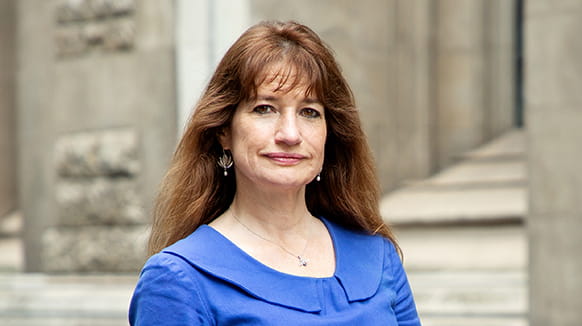Melanie Willems, chair of Haynes Boone’s International Arbitration Practice Group in the London office, was featured in a Mealey’s International Arbitration Report article about diversity among arbitrators seated on international arbitration tribunals.
Below is an excerpt:
Mealey’s: How important is diversity among the arbitrators seated on international arbitration tribunals to perceptions of fairness in disputed resolution?
Willems: It is accepted by now that diversity is in and of itself important, and key to perceptions of fairness in both the processes and decisions of international arbitration tribunals. Tribunals should reflect the global nature of the arbitral system and of its participants. Diversity, quality, competence and impartiality of tribunal members are all key considerations.
My view is that diversity and arbitral excellence go hand in hand. Developments support this: For example, in 2019, the 972 individuals who were appointed to ICC tribunals came from 89 different countries, and 21% of arbitrators were women.
Progress is being made, but more work is needed. The speed of change should increase: Over the last few years, familiar faces do seem to continue to receive the lion’s share of appointments. Increasing diversity in arbitration requires action on the ‘supply’ and ‘demand’ side of appointments. On the supply side, law firms are proactively promoting diversity, and take it seriously. The growth of diverse dispute lawyers will increase the pool of diverse arbitrators, as practitioners gain the necessary experience and standing. On the demand side, clients are ahead of the game: Diversity requirements are included in the selection criteria for their advisers, and law firms are rising to the challenge of meeting those.
The good news is that the field of excellent and diverse arbitrators is already much greater. Clients should feel confident in insisting that external counsel search out diverse decision-makers. It may also be time to consider whether arbitral seats themselves reflect the values of the international arbitration community, and those values may be taken into account when selecting the seat of the arbitration. Ultimately, fairness should not be a perception: It should be a hard and fast reality, baked into every arbitration cake.
The full report can be purchased here.
